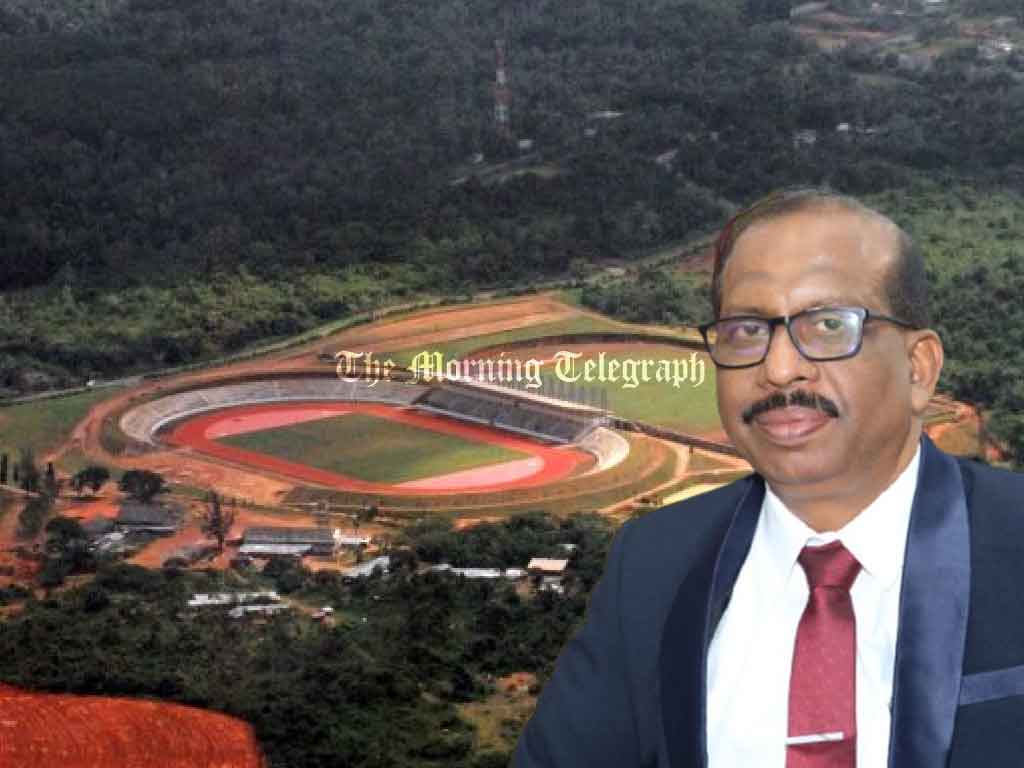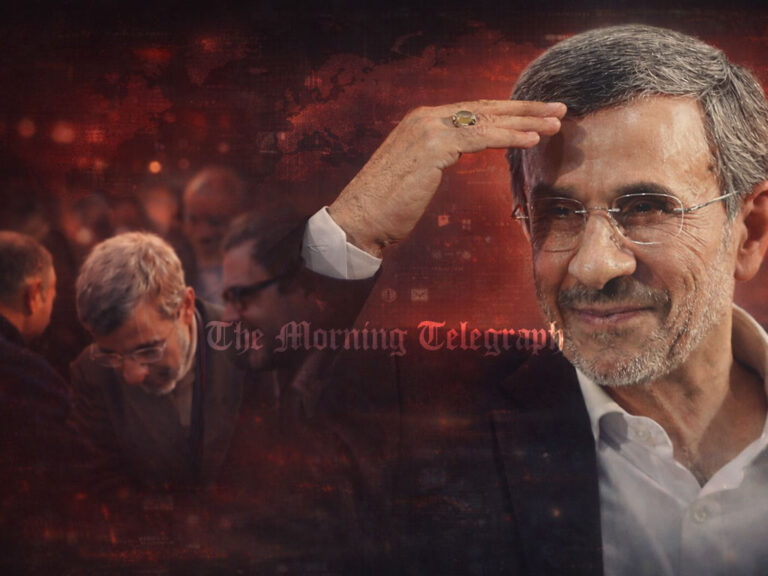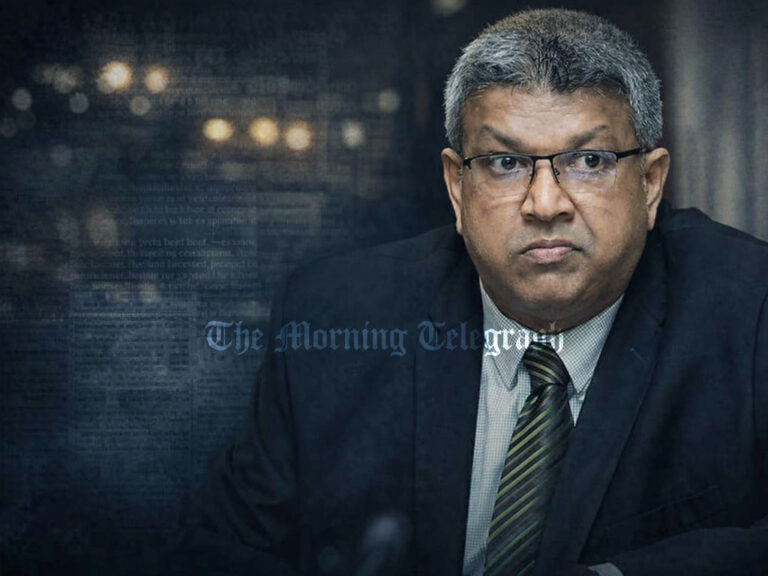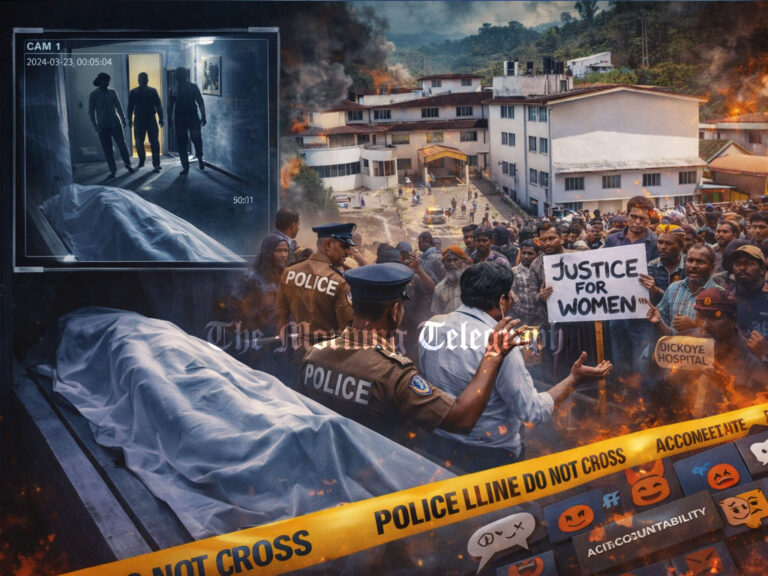
The Minister of Youth Affairs and Sports, Sunil Kumara Gamage, announced plans to remove the name “Mahinda Rajapaksa” from the Diyagama International Stadium in Homagama as part of a broader effort to revitalize the sports complex. Speaking during a media briefing held at the stadium, he emphasized that the facility, despite its initial promise, is currently in a state of neglect and disrepair.
Constructed at a significant cost, the stadium has become a symbol of wasted resources and poor management. The Minister revealed that the government intends to invite private sector investors to partner in developing and maintaining the complex. However, he noted that retaining the Mahinda Rajapaksa name could deter potential investors from participating in the project. “No investor wants to align their brand with a politically controversial name,” the Minister said, explaining the decision to rename the facility.
The redevelopment plan aims to transform the Diyagama Stadium into a world-class sports complex, capable of hosting national and international events. The government’s strategy includes offering long-term concessions and other incentives to attract private sector contributions.
Additionally, the Minister confirmed the initiation of a special investigation into alleged fraud and corruption linked to the stadium’s construction. These investigations aim to uncover irregularities, such as inflated costs, substandard materials, and misappropriation of funds. Officials responsible for these malpractices will be held accountable, he assured.
The stadium, which was originally designed to serve as a multi-purpose venue for athletics, cricket, and other sports, has reportedly suffered from poor maintenance, underutilization, and lack of adequate infrastructure since its inauguration. The Minister stated that this was a disservice to the country’s athletes and sports enthusiasts.
“We are committed to turning this facility into a beacon of sports excellence,” Minister Gamage said. He also urged all stakeholders, including local sports associations and community leaders, to support the government’s efforts to breathe new life into the complex. Once redeveloped, the stadium could serve as a hub for training elite athletes, hosting tournaments, and promoting youth engagement in sports.
This decision marks a significant shift in Sri Lanka’s approach to sports infrastructure, focusing on public-private partnerships to overcome the financial and operational challenges faced by state-run facilities. The Minister concluded by reiterating the government’s commitment to ensuring transparency and accountability throughout the redevelopment process.




